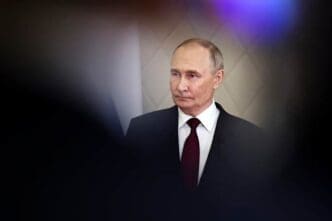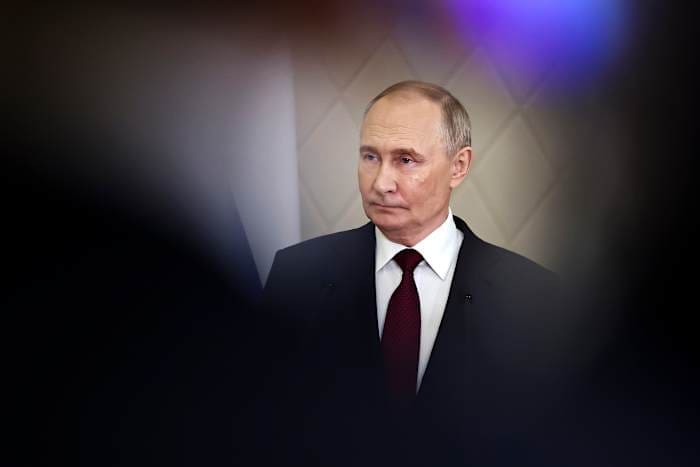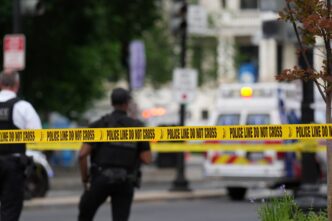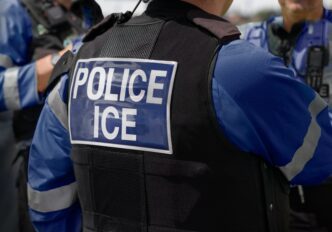In 2024, Vladimir Putin, the President of Russia, continued to solidify his political power. Despite this, he faced ongoing international challenges and domestic issues, particularly stemming from Russia’s strained relations with the West due to the ongoing conflict in Ukraine.
Throughout the year, Putin ran for a fifth term, effectively sidelining most opposition. Boris Nadezhdin, a vocal war critic, was barred from the presidential race despite gathering significant public support. This incident highlighted underlying anti-war sentiments in Russia, posing an unexpected challenge to Putin’s unopposed campaign.
February saw the death of Alexei Navalny, a prominent opposition leader, in a Russian prison. Navalny’s demise, under politically charged circumstances, drew widespread international attention and accusations towards the Kremlin, although Russian authorities denied any involvement. The public mourning of Navalny emphasized the enduring dissent against Putin’s administration.
Following a landslide election victory in March, Putin’s presidency was marred by a violent attack at a Moscow concert hall, killing over 140 people. Initially attributed to an Islamic State affiliate, the Kremlin tried to implicate Ukraine without concrete evidence. This incident marked one of the deadliest attacks on Russian soil in decades and drew intense scrutiny.
In June, Putin’s visit to North Korea underscored the strategic relations between the two countries amid mounting Western pressures. An agreement ensued, promising military assistance between Russia and North Korea, heightening global concerns.
Evan Gershkovich, a Wall Street Journal reporter, was convicted of espionage in July. His trial was criticized internationally as a sham, with both the U.S. government and his employers dismissing the charges. His arrest served as a stark warning to foreign journalists in Russia.
August featured a significant prisoner swap between the West and Russia, including the release of noted figures like Paul Whelan and Ilya Yashin. However, the same month saw a Ukrainian incursion into Russia’s Kursk region, exposing vulnerabilities in Russia’s defenses and prompting a civilian exodus.
Putin’s strategic visit to Mongolia in September appeared to defy international isolation attempts, forging closer ties despite his existing warrant for war crimes. Meanwhile, in October, reports of North Korean troop deployments to Russia sparked international tension, as Moscow remained quiet about these claims.
In November, the election of Donald Trump threatened potential shifts in U.S. support for Ukraine, while Russia tested new hypersonic missiles capable of penetrating air defenses, signaling intensified military postures.
The year closed with significant events: Bashar Assad’s regime in Syria lost power, prompting Russian asylum for Assad, but also exposing limitations in Russia’s international influence. Additionally, the assassination of Lt. Gen Igor Kirillov in Moscow and an aviation disaster in Kazakhstan further complicated the political landscape around Putin.
Despite the challenges, Putin’s grip on Russia’s political landscape remained firm, although at significant cost both internationally and domestically. His actions continue to shape Russia’s geopolitical strategies and its relations on the world stage.
As 2024 drew to a close, Vladimir Putin’s achievements and setbacks underscored a tumultuous year marked by political maneuvers, international tensions, and domestic unrest. Russia’s position on the global stage remains complex as it navigates persistent challenges amid ongoing geopolitical shifts.
Source: News4jax








